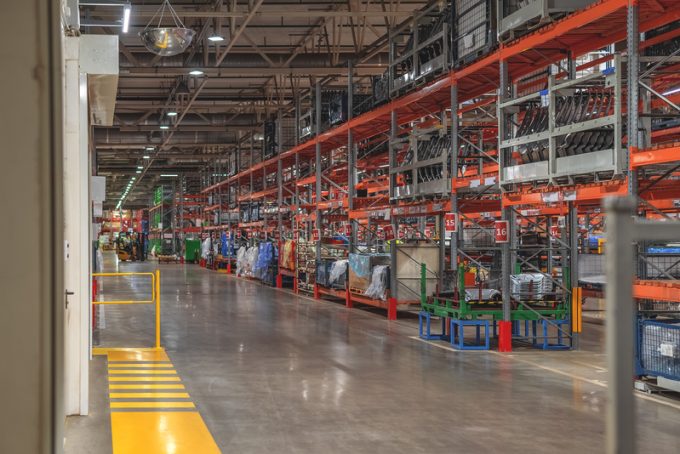Mexican airlines face stiff US restrictions after 'breaching' ATA
Mexican carriers operating to the US are facing a flurry of paperwork and uncertainty after ...

Some folks in Daimler’s supply chain organisation probably aren’t feeling great at the moment.
After five weeks in limbo, the company’s SUV manufacturing plant in Tuscaloosa, Alabama, was one of the first auto facilities in the US to resume production, coming back online in late April ...


Comment on this article